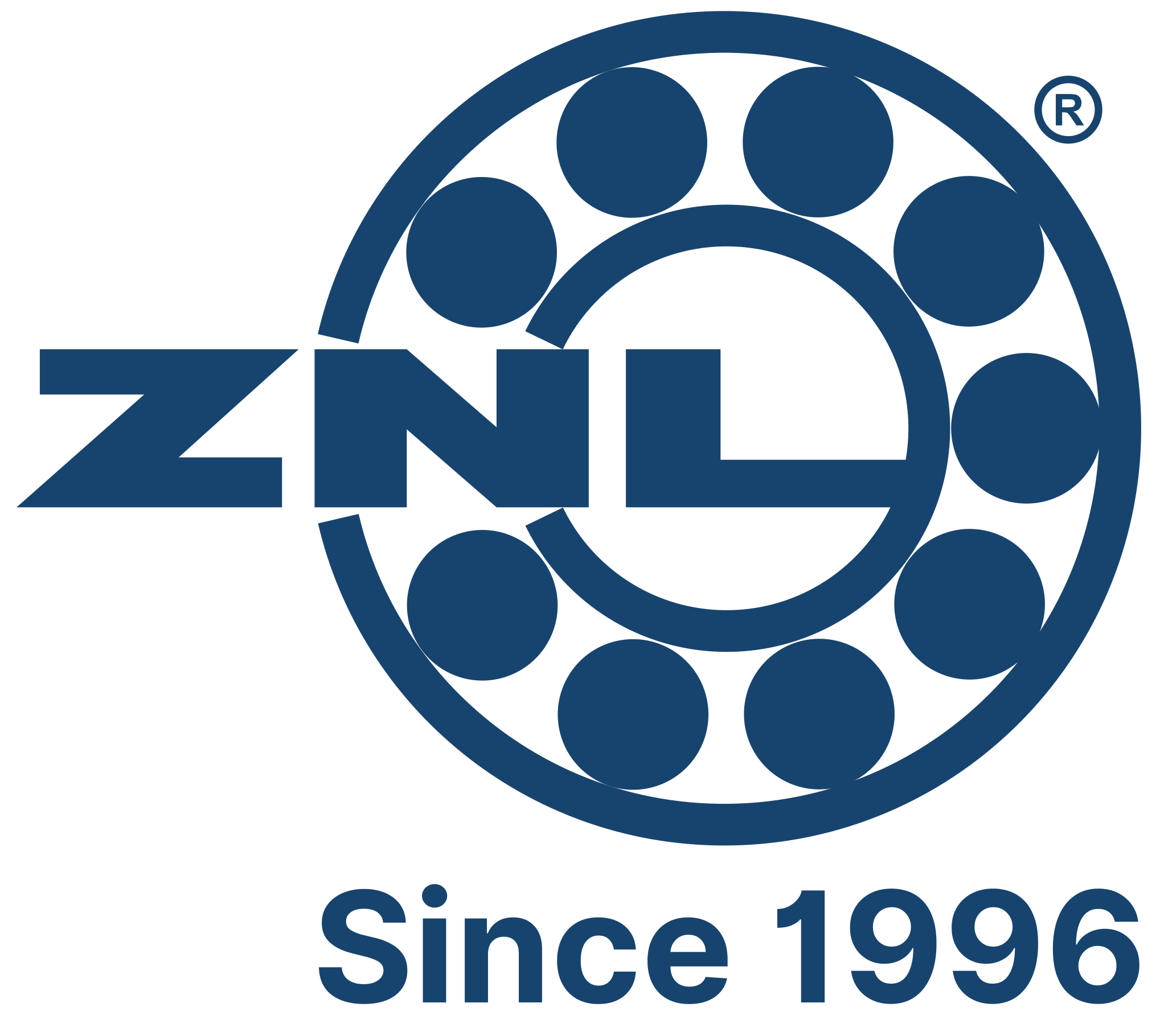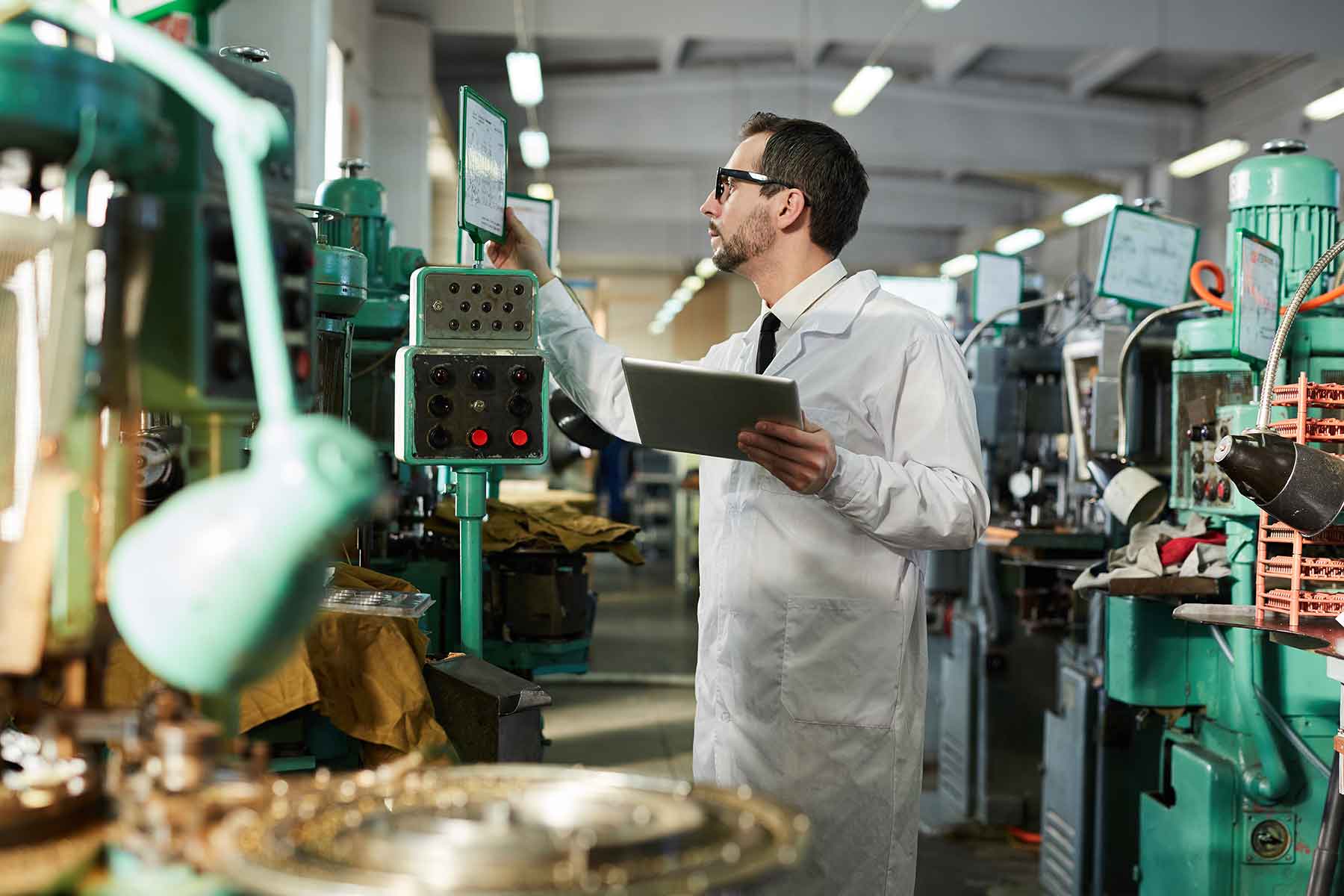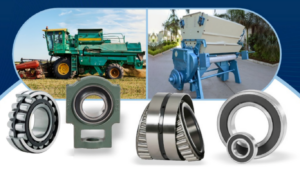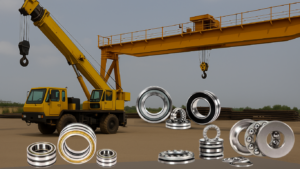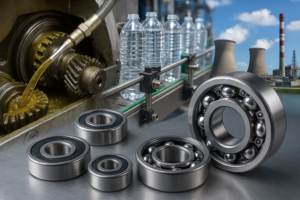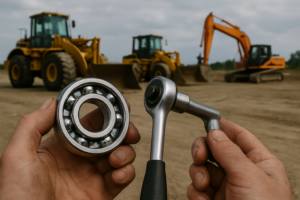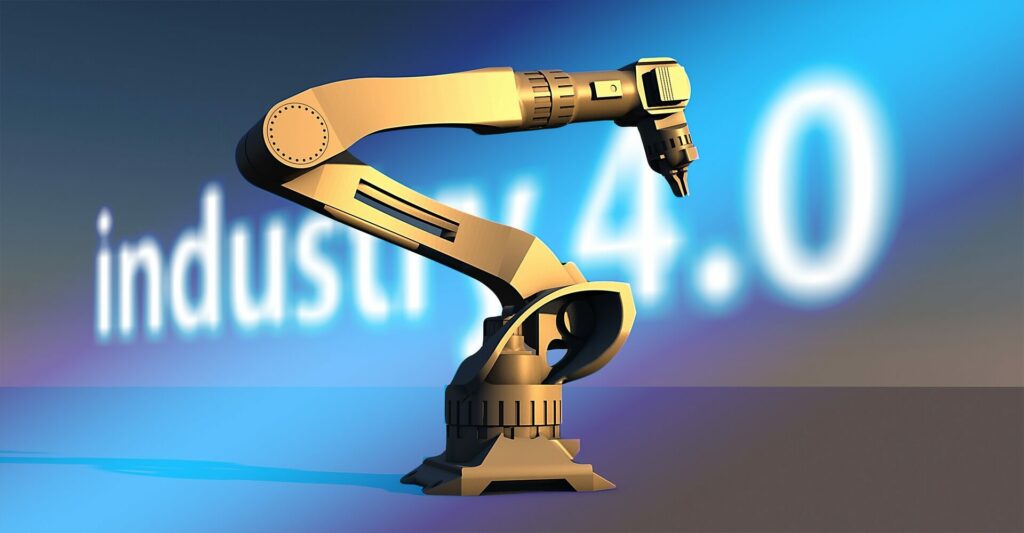Importance Of Robotics In Several Different Industries And Why It’s Necessary For Production Facilities To Be Automated?
In the realm of Industrial Automation, robotics plays a significant and central role. ZNL Bearings being a technology advancement fan will help you get some insights on the use of robotics in this article. Before we proceed, just so you know, 95% of machines or parts of the machine that requires movement requires bearings. ZNL provides the best in class bearings tailored as per your business needs. Let’s get back to where we left, Yes, Robotics in the Industrial sector!
Factory and shop floor robotics and automation have improved productivity by automating previously manual tasks. Since we live in such a technologically advanced period, many different businesses are benefiting from the use of automation and robotics. Because of their precision and ability to operate without rest for long periods of time, robots have become an integral part of the production processes in many industries.
When IRPs (Industrial Robotics Projects) initially appeared, they were met with skepticism and even denial. Although automation was initially more theoretical than practical, it is now used in many different industries, from healthcare to agriculture.
Crucial Industrial Sectors Using Robotics
First, this revolution saw the introduction of electric machines that could execute repetitive tasks indefinitely with no loss of efficiency. The automotive business wasn’t the only one to put these robots to use, either. The second generation of industrial robots incorporated data-gathering and improved upon its initial performance. Many crucial sectors have been significantly altered by the advent of robots in today’s modern world.
Industry Of Healthcare
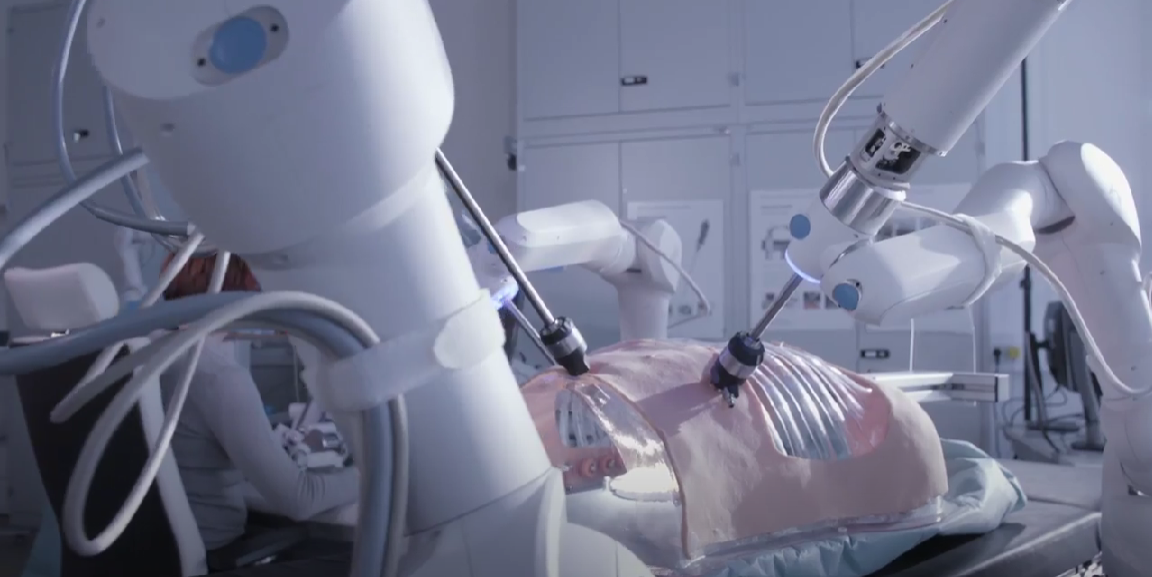
In addition to being a rapidly expanding market, healthcare is also a highly sophisticated industry. Time and the advent of new technology and inventions like robotic automation have sped up its development. New generations of robots are available with extremely low particle emissions, making them ideal for use in the healthcare, pharmaceutical, and semiconductor industries.
The Industrial Sector Of Automobiles
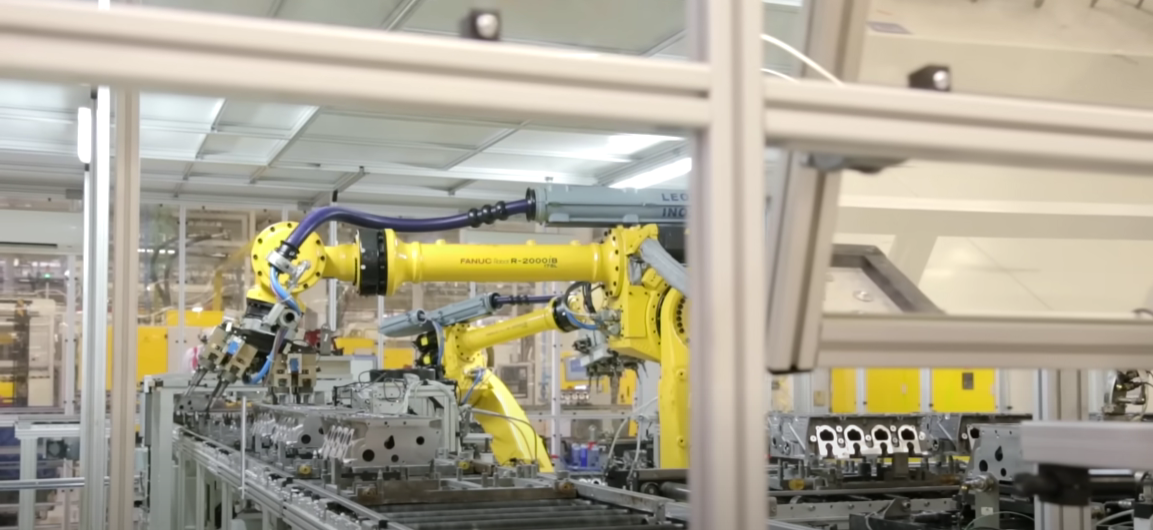
The automobile sector needs small robots and robotic automation to keep up with the ever-evolving needs of consumers who want safer, more comfortable, environmentally friendly, efficient, and future-ready two-wheelers. When it comes to quality control, haptic measurements, and the assembly of complex components, certain robots can shine a light on every area of the workpiece thanks to their precision and adaptability. These robots can work continuously without stopping for sleep.
For any kind of bearing needs, contact us or visit: our website : Click Here!
The Food & Beverages Industry
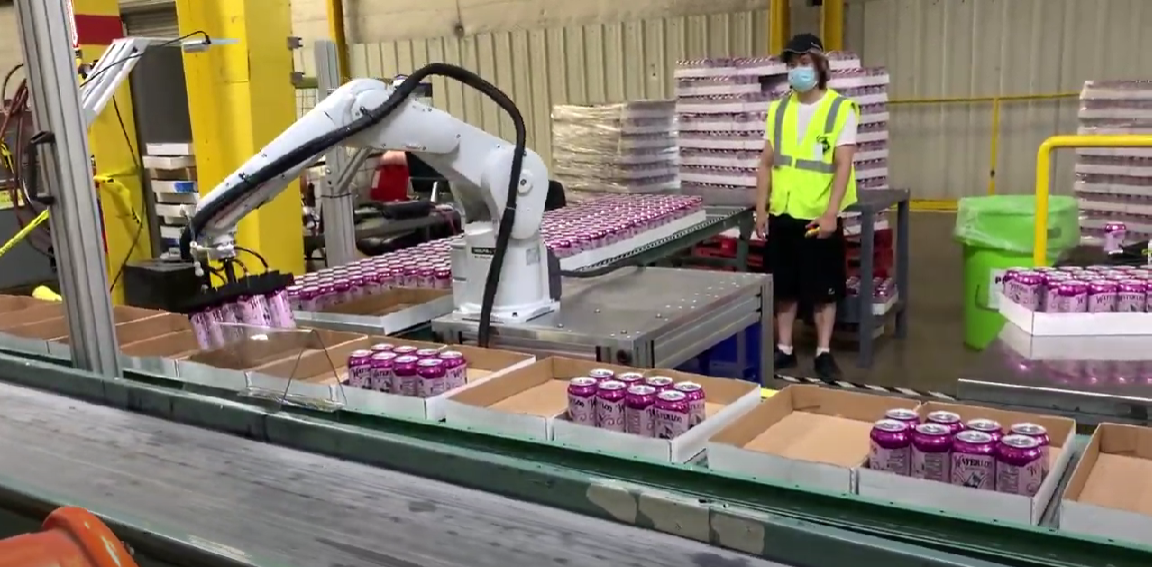
The food business makes less extensive use of robotic automation than other industries. Yet as time goes on, this business is growing at a rapid speed, and the variety of conceivable applications, such as pick-and-place raw material or processed food items, slicing, cutting, sorting, dispensing, and many other operations, would necessitate robots in the near future. In light of the increased emphasis on sanitation, certain robots can track the origins of a product and the steps that went into its manufacture. The role that these robots play in the ecosystem is growing increasingly important, both now and in the future. Under the US NSF’s hygiene-related criteria, such robots guarantee and assure quality even for waterproof specifications and food-grade grease (National Sanitation Foundation)
Electronics And Semiconductor Manufacturers
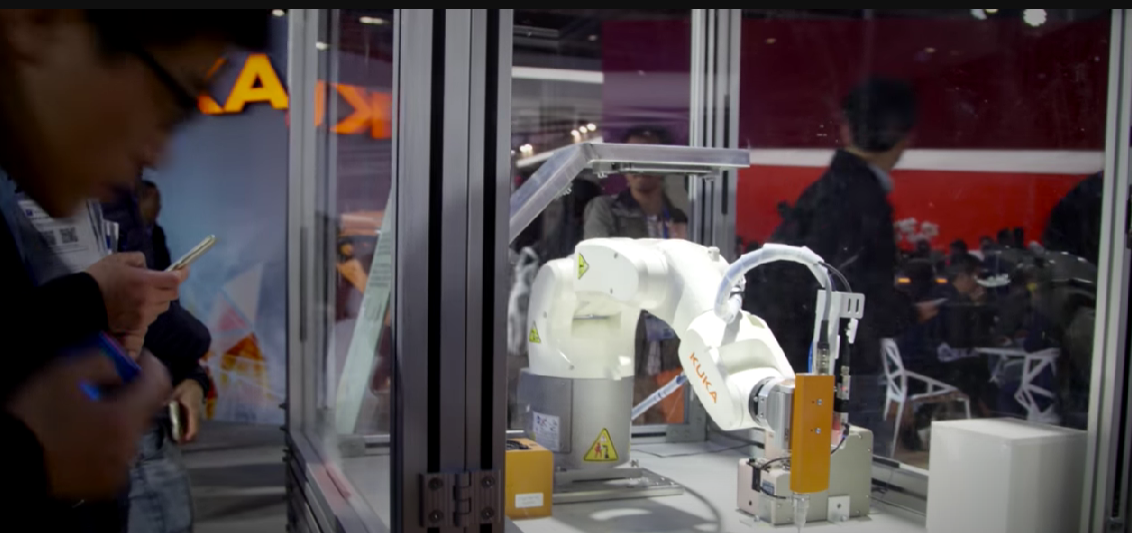
For precise assembly of electrical, electronic, and other small components, inspections, high-speed transportation, and packaging, among many other uses, a horizontal, multiple-joint robot with a space-saving suspended installation mode is ideal. Products and services such as SCARA robots, drive products, power distribution and control products, computer numerical controllers, and many others help improve technical assistance.
The Next Step In Automated Robotics
With the advent of Industry 4.0, robotic process automation is beginning to make inroads in a variety of new, high-profile sectors, illuminating the growing importance of such systems in modern production.
The Role Of Robotics And Other Forms Of Automation In The Fourth Industrial Revolution
We are in the midst of a very sophisticated industrial revolution that has made it possible to control and monitor intricate machinery and processes at considerably lower costs. Automation frees up human resources for more strategic and less risky tasks, improving efficiency and decreasing liability risks in the workplace. A rapid increase in productivity is necessary to keep up with the rising demand for high-quality, precision-made goods brought on by the many technological shifts affecting our sectors. Systems engineering, automated production, and industrial automation all have a hand in this.
Looking for a durable spherical roller bearings provider? Get customised bearings from the industry leader at competitive prices. Click Here!
As a result of innovations in artificial intelligence (AI), 5G networks, improved automation (including robotics), advanced sensing, and many others, Industry 4.0 and automation are currently taking shape. As part of its push towards full automation, Industry 4.0 prioritizes speed and accuracy while minimizing human error. An automated platform can drastically lessen the mistake rate in a manual procedure, which can reach as high as 10% when performed by people.
Justifications For Automation In The Industrial Sector
There are several drivers of new entry into the industrial automation market, including discrete manufacturers.
Reduced production costs: this is a direct result of automation’s reduced reliance on human labour. The combination of automation and the use of virtual and augmented reality has also been shown to boost business model output and make learning easier.
Benefits over the competition: Industrial automation technology allows for nonstop, around-the-clock manufacturing. As a result, it gives you a leg up on the competition by boosting your efficiency, capacity, and process quality while decreasing the likelihood of making mistakes and the amount of money you lose due to downtime.
Get Ahead Of Your Competition! Timely Delivery, customised specifications for your bearing needs. Click Here!
Time Efficient: Time savings can be attributed to Automation 4.0’s streamlined data processing. The platform has a large capacity for storing and managing data produced by processes.
Scalability and adaptability: The industrial sector is fast-paced, and so are the tasks that must be performed within it. This necessitates the training of human operators. Because they can be firmly programmed in a limited amount of time and are reconfigurable, robots and machines can keep their flexibility and scalability.
Safety at its peak: The production line may assign dangerous jobs to machines, increasing the danger to human workers. In addition to hardware and software, people and networks can benefit from stringent safety measures. The robot and the human worker can now work side by side in the same environment thanks to collaborative robots.
Monitoring: Automated procedures are managed, tracked, and recorded in order to collect massive amounts of data that may be mined for insights into how to enhance business processes and forestall the repetition of previous mistakes.
Concluding
The expansion of robotics within the industrial sector is anticipated due to the predicted exponential global growth of automation in the future years. Similarly, India is adopting Industry 4.0 at a respectable clip and has experienced remarkable growth as a result of recent automation developments. Recent developments in “Industry 5.0” have emphasised proactive participation in the new model of industrial automation and the enthusiastic adoption of technological advances.
For more interesting blogs on technology from ZNL Bearings, check out: Click Here!
